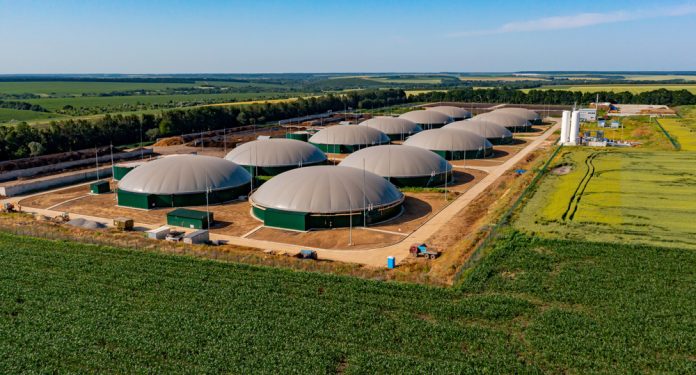The Emerging Africa Infrastructure Fund (EAIF), a Private Infrastructure Development Group (PIDG) company, has announced that it had officially broke ground on the pioneering 46MW biomass power station in Ayebo, Côte D’Ivoire, bringing clean power and a more diverse energy mix to the region.
EAIF has provided a €35m senior loan facility to develop a 46MW biomass power plant in Côte d’Ivoire, the largest facility of its kind in West Africa. Biovea Energie will own and operate the plant when operational.
The capital injection from EAIF, alongside commitments from lead arranger Proparco, a subsidiary of the French Development Agency, will advance the Ivorian energy sector’s net zero pathway and brings a first-of-its-kind project to financial close. PIDG, through its Technical Assistance programme, will support the project’s delivery through an €8m Viability Gap Funding grant, one of the largest it has deployed.
Expected to cut 4.5 million tonnes of CO2 emissions over its 25-year lifetime, the €237m venture is a breakthrough development in a dynamic energy sector. The project is expected to drive a demonstrative effect by signifying an innovative approach to achieve Côte d’Ivoire’s goal to generate 45% of energy from renewable resources by 2030.
Biovea, owned by EDF International, Meridiam and SIFCA, has been awarded a 25-year power purchase agreement to supply the Ivorian grid. The new plant reinforces the government’s priority to expand access to electricity by 2025 – improving energy security in rural areas with an electrification rate as low as 38%.
Located in Ayebo, 100km east of the capital, Abidjan – Biovea Energie’s project will benefit 1.7 million people. Approximately 12,000 will be local out-growers, supplying up to 70% of the palm tree leaves and branches that will fuel the power plant. Integrating local farmers into the supply chain diversifies their revenue and welcomes greater income security, boosting their earnings by an expected 15%.
While supporting longevity in income generation for out-growers, the project will also deliver economic opportunities during its construction phase. Development of the plant and accompanying transmission, transport and communications infrastructure will generate 500 jobs. An additional 1,000 roles will uplift the local economy once Biovea Energie commissions the project.
Maximising impact is a critical objective for the partners of the project, which extends to circularity in the supply chain. Preventing environmental harm by promoting the reuse of 520,000 tonnes of agricultural residue that would otherwise be discarded, the project signifies the potential for more regenerative economies. Once processed to power the turbines in the plant, ashes of the residue will be provided to farmers and used as a natural fertiliser for crops – enabling the uptake of more sustainable farming practices that boost yields.
Establishing energy security in the country impacts those nearby, as the country’s evolving energy market serves as an essential exporter of electricity to six of its neighbouring countries.
Once commissioned, the plants will align with PIDG’s commitment to the UN’s Sustainable Development Goal on Access to Clean and Affordable Energy (SDG 7). They are a demonstration of the multifaceted approach needed to propel green growth on the continent and exhibit how participation across the value chain can enhance diverse levels of development.
Commenting on the transaction, Olivia Carballo from Ninety One, fund manager of the Emerging Africa Infrastructure Fund, said: “As such a crucial energy market to one of the continent’s most important production hubs, impacts of a greener economy extend beyond the borders of Côte d’Ivoire. It is emblematic of the many resources we can leverage to accelerate growth across Africa and do so inclusively while contributing to the sustainability of thousands of livelihoods in the area.”
Biovea Energie’s CFO, Franck KOBLAVI, commented: “We are delighted to close the deal as it has been highly anticipated and moves us closer to evolving the country’s energy mix and progressing an ambitious but attainable sustainability agenda. Working with best-in-class partners has ensured deep deliberation to other aspects of creating impact and will ensure quality service delivery from investment to energy production.”












